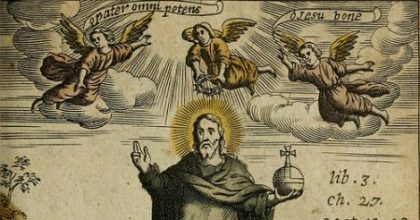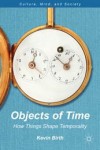"And that, my lord, is how we know the Earth to be banana-shaped." "This new learning amazes me, Sir Bedevere. Explain again how sheep's bladders may be employed to prevent earthquakes." I couldn't help but think of that quote from Monty Python and the Holy Grail as I read David Lindberg's essay on medieval science. Beneath the characteristic Python silliness lies a hint of what actually transpired among western European scholars of the Middle Ages. A New Learning was arriving in the form of classical texts and Arabic … [Read more...] about Science Book Club: When Science & Christianity Meet Ch 1
Middle Ages
Christian Devotional Classics: Revelations of Divine Love
Julian of Norwich (1342 - c.1416) "Julian of Norwich is the first writer in English who can be identified with certainty as a woman. . . . Apparently at the point of death from a severe illness, for which she had earlier prayed as a means to be 'purged by he mercy of God and afterwards to live more to God's glory' (chapter 2), she received a series of 'showings' . . . so compelling and so rich in meaning that Julian understood them to come directly from God and to be messages not just to herself but to all … [Read more...] about Christian Devotional Classics: Revelations of Divine Love
How would you describe your “time consciousness?”
While reading Kevin Birth‘s Objects of Time: How Things Shape Temporality, I wondered if weekends provide an opportunity to tell time differently. There is a danger in viewing the clock as necessary for certain cognitive tasks simply because we use it for those tasks. The importance of clock time in twenty-first-century economic practices cannot be used as grounds for assuming that it was necessary for economic practices in the medieval period. This misconception is key to the view of medieval timekeeping as … [Read more...] about How would you describe your “time consciousness?”


